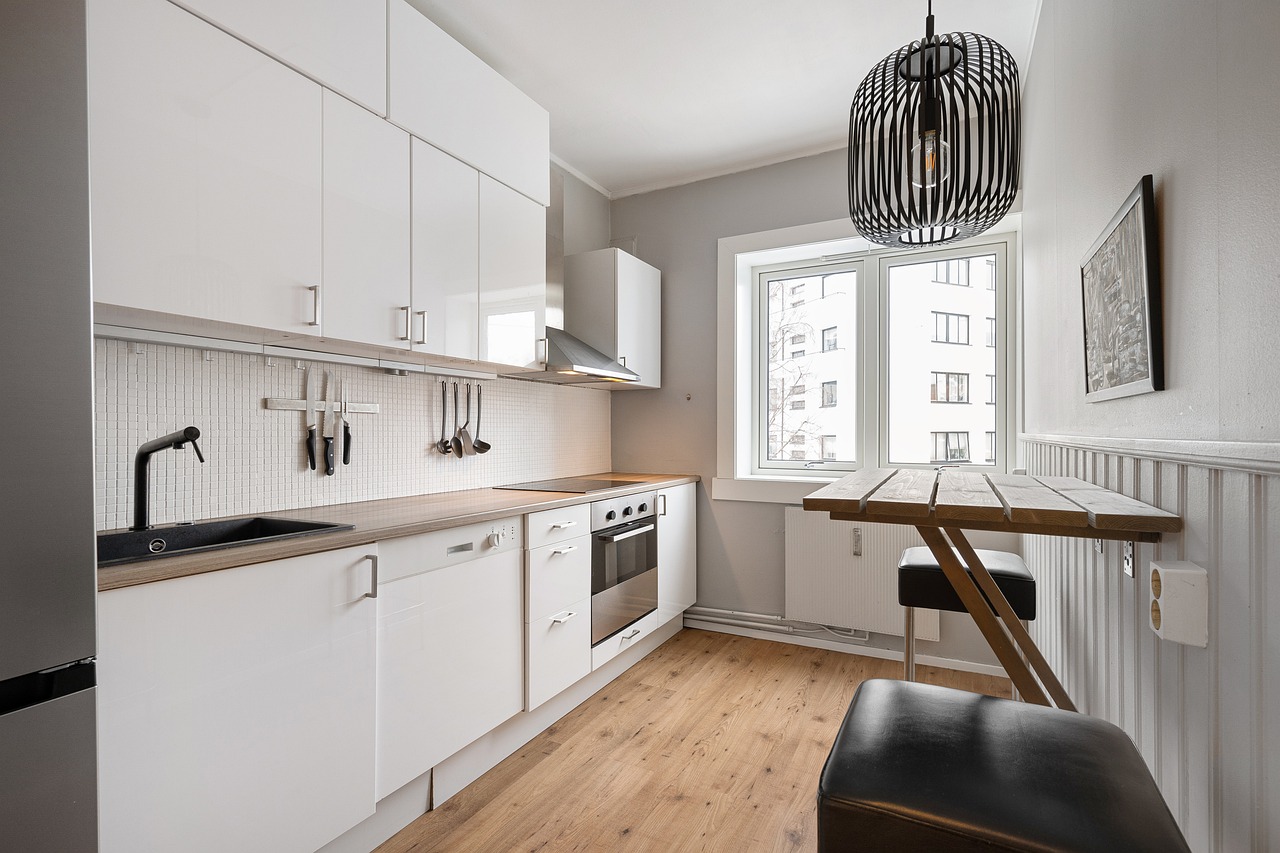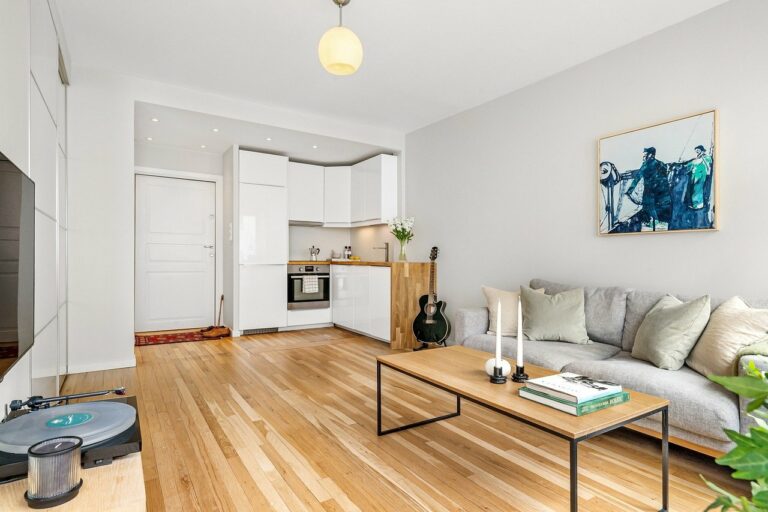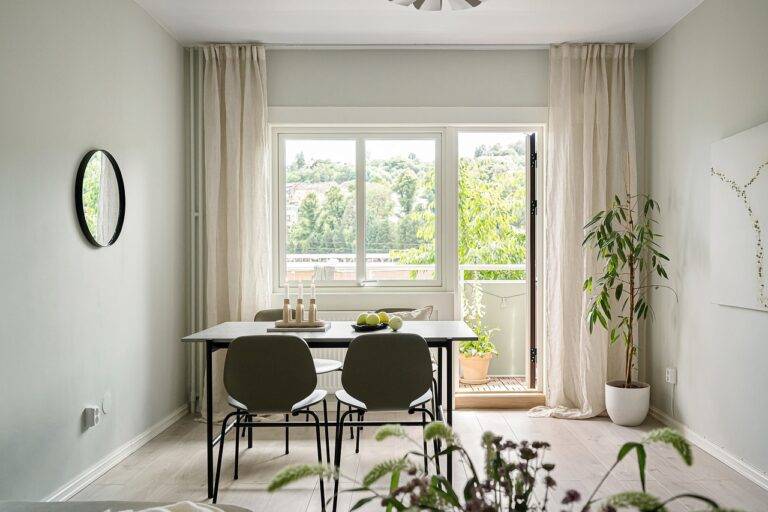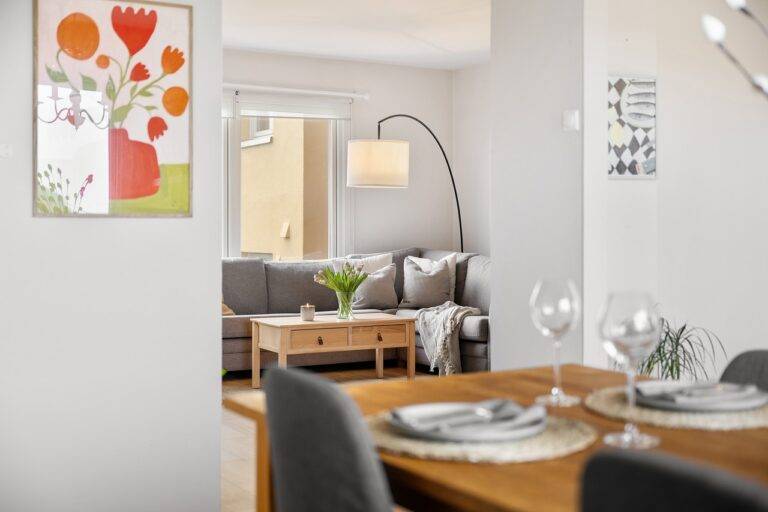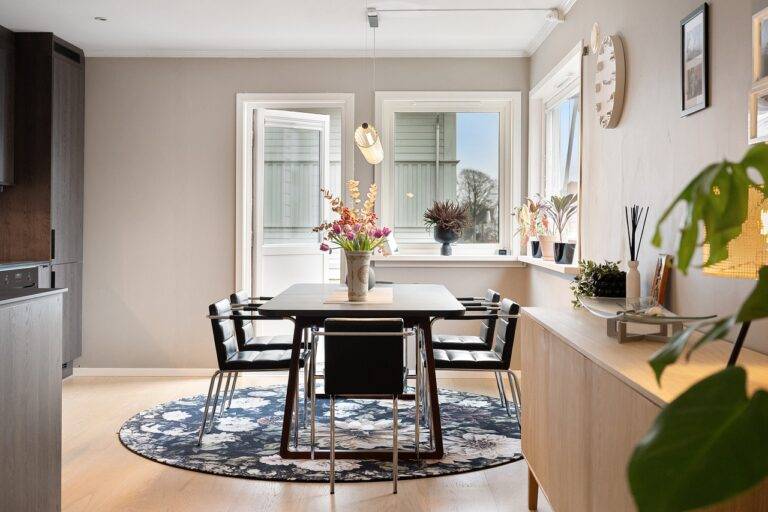Choosing the Right Projector for Your Home Theater: Bet book 250.com, 11xplay online, Yolo 247 login
bet book 250.com, 11xplay online, yolo 247 login: Choosing the Right Projector for Your Home Theater
Are you looking to take your home entertainment setup to the next level? A projector may be just what you need to create an immersive movie-watching experience right in the comfort of your own home. With so many options available on the market, choosing the right projector for your home theater can be a daunting task. In this guide, we will walk you through everything you need to know to make an informed decision.
Consider the Room Size and Lighting Conditions
Before you start shopping for a projector, it’s crucial to assess the size of the room where you plan to set it up. Consider factors such as the distance between the projector and the screen, as well as the ceiling height. Additionally, take into account the ambient lighting conditions in the room. If you have a dedicated home theater with controlled lighting, you may opt for a projector with higher brightness. On the other hand, if you plan to use the projector in a living room with natural light, you’ll need a model that can still deliver a clear image in brighter conditions.
Resolution Matters
One of the key factors to consider when choosing a projector is the resolution. Just like with TVs, higher resolution projectors will provide you with a sharper and more detailed image. The most common resolutions for projectors are 1080p and 4K. While 1080p projectors are more budget-friendly and still provide a great viewing experience, 4K projectors offer the highest level of detail and clarity. If your budget allows, investing in a 4K projector can enhance your viewing experience significantly.
Understand the Different Types of Projectors
There are several types of projectors available, each with its own set of features and benefits. LCD projectors are known for their vibrant colors and sharp image quality, making them a popular choice for home theater setups. DLP projectors, on the other hand, offer smooth motion and are often more compact and affordable. Laser projectors provide consistent brightness and color accuracy over time, making them a reliable option for long-term use. Consider the pros and cons of each type of projector to determine which one best suits your needs.
Contrast Ratio and Brightness Levels
When it comes to projector specifications, contrast ratio and brightness levels are crucial factors to consider. Contrast ratio refers to the difference between the brightest and darkest parts of an image, with higher contrast ratios resulting in more vibrant and detailed images. Similarly, brightness levels are measured in lumens, with higher lumen counts providing a clearer image in brighter environments. Depending on the viewing conditions in your home theater, you may need to prioritize either contrast ratio or brightness levels to achieve the best picture quality.
Connectivity Options
Another important consideration when choosing a projector is its connectivity options. Make sure the projector you choose has the necessary ports to connect all your devices, such as Blu-ray players, gaming consoles, and streaming devices. HDMI ports are essential for high-definition video and audio, while USB and VGA ports can come in handy for connecting older devices. Some projectors also offer wireless connectivity options, allowing you to stream content directly from your smartphone or tablet.
Consider the Throw Distance and Screen Size
The throw distance refers to the distance between the projector and the screen, and it can vary depending on the type of projector you choose. Short-throw projectors require less space between the projector and the screen, making them ideal for small rooms or setups where space is limited. Long-throw projectors, on the other hand, are better suited for large rooms or outdoor setups where you need to project a larger image. Consider the throw distance and screen size that best fits your home theater setup to ensure the optimal viewing experience.
Maintaining Your Projector
Once you’ve chosen the right projector for your home theater, it’s essential to take care of it properly to ensure longevity and optimal performance. Regular maintenance, such as cleaning the lens and filters, can help prevent dust and dirt from affecting the image quality. Additionally, make sure to follow the manufacturer’s guidelines for lamp replacement and other maintenance tasks to keep your projector running smoothly. Investing in a quality projector mount or stand can also help protect your device and ensure a stable setup.
FAQs
Q: How do I know which projector is right for my home theater setup?
A: Consider factors such as room size, ambient lighting, resolution, connectivity options, and throw distance when choosing a projector for your home theater. It’s also helpful to read reviews and compare specifications to find the best fit for your needs.
Q: Do I need a special screen for my projector?
A: While a dedicated projector screen can enhance the viewing experience, it is not always necessary. You can use a blank wall or a white sheet as a makeshift screen, as long as it is flat and free of any imperfections that could affect the image quality.
Q: Can I connect my projector to a sound system for better audio quality?
A: Yes, most projectors come with audio output ports that allow you to connect external speakers or a sound system for improved audio quality. Consider investing in a quality soundbar or surround sound system to create a truly immersive home theater experience.
Q: How often should I replace the projector lamp?
A: The lifespan of a projector lamp can vary depending on usage and maintenance. As a general rule of thumb, you may need to replace the lamp every 2,000 to 5,000 hours of use. Keep an eye on the brightness levels and performance of your projector to determine when it’s time for a lamp replacement.
In conclusion, choosing the right projector for your home theater can significantly enhance your viewing experience and create a cinematic atmosphere right in your living room. Consider factors such as room size, resolution, connectivity options, and maintenance requirements when selecting a projector that meets your needs. With the right projector, you can enjoy your favorite movies, TV shows, and games on the big screen from the comfort of your own home.

